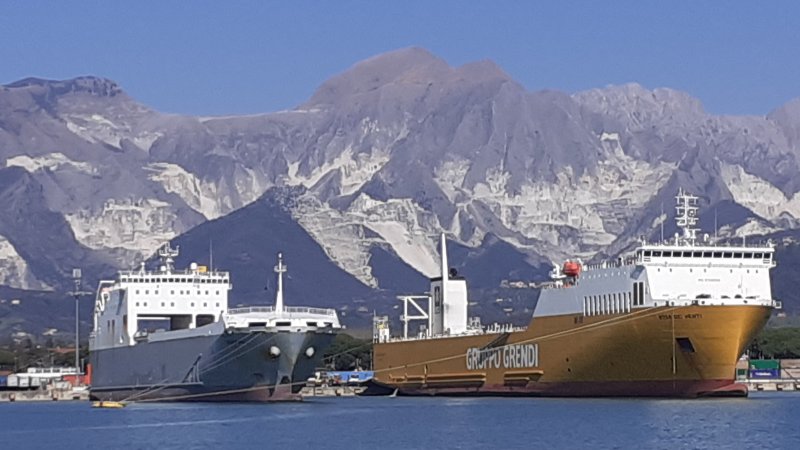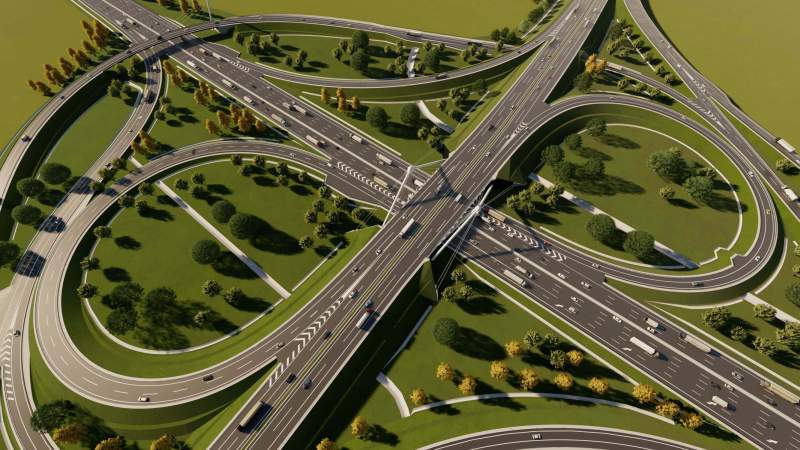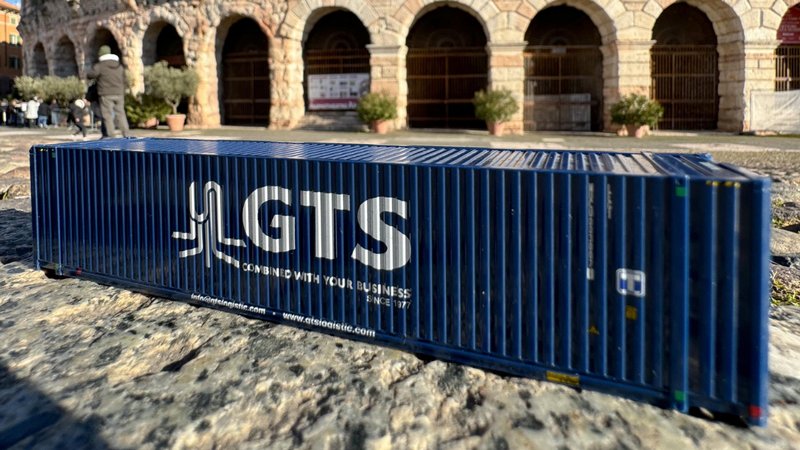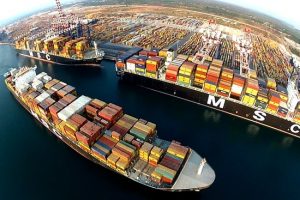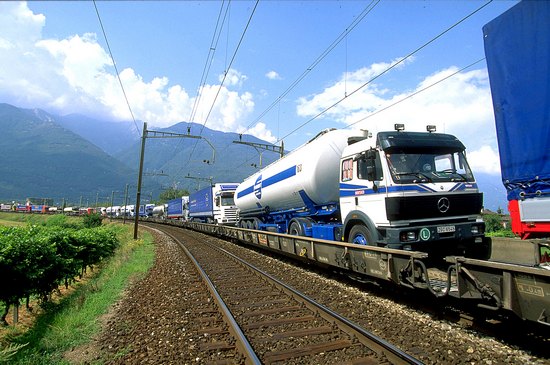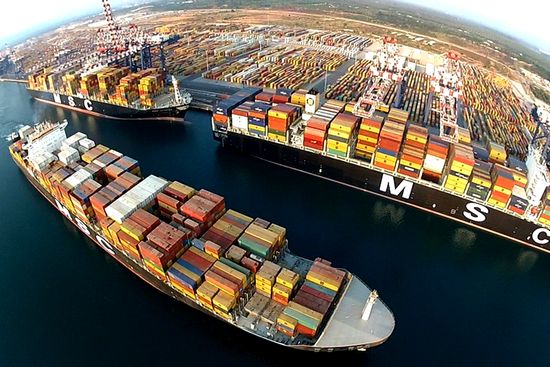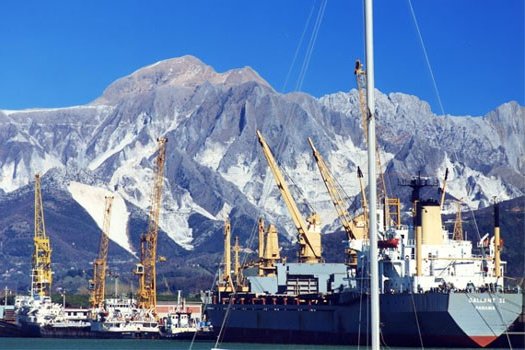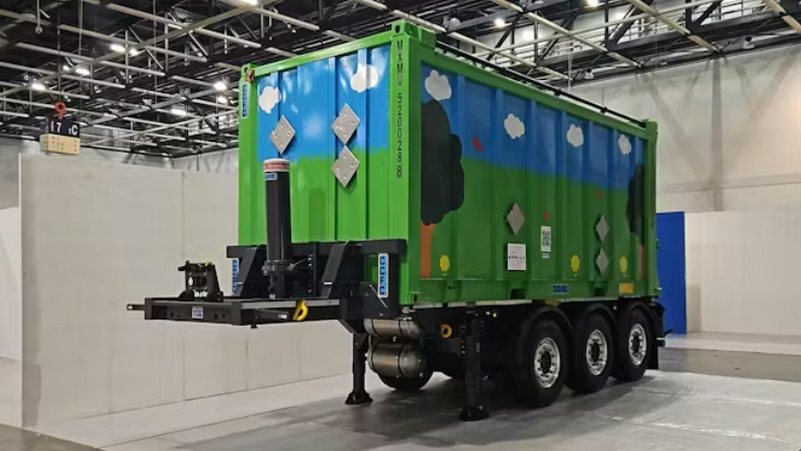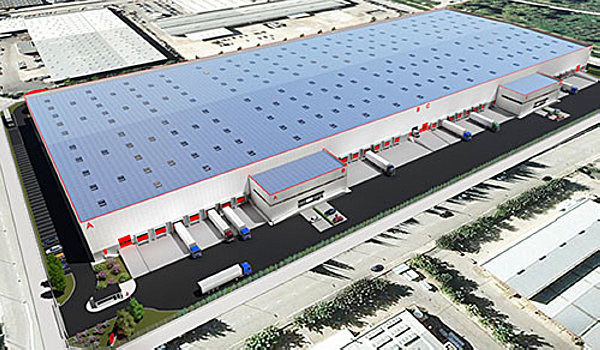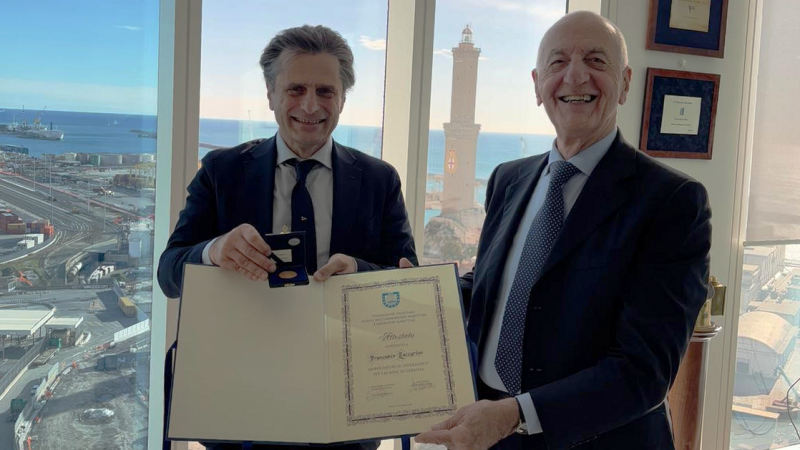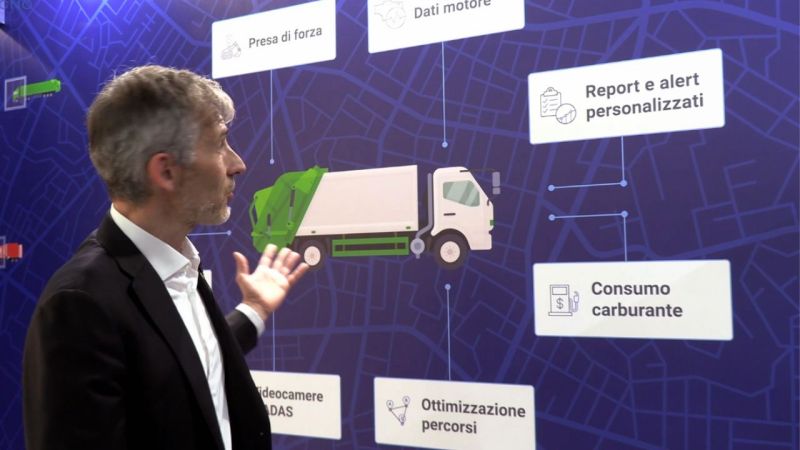Despite the ongoing recession in Europe, the transport barometer of the Timocom marketplace shows a robust demand for freight transport in the third quarter of 2024. During this period, freight transport requests increased, while offers of space on industrial vehicles continued to decline, highlighting a stronger demand compared to supply. Compared to the second quarter of 2024, demand for freight transport remained largely unchanged (-0.1%), indicating that the traditional summer slowdown did not materialise, despite the adverse economic situation.
In Germany, road transport demand in the third quarter was 11% lower compared to the previous quarter but still 66% higher than the same period in 2023. This is a noteworthy figure, given that the order books and business expectations of German companies are in negative territory, according to the Ifo Institute, with the manufacturing sector at its lowest point since June 2020.
Conversely, Poland's economy shows signs of growth. According to the European Commission's spring forecast, Poland's GDP is expected to grow by 2.8% in 2024, almost three times the EU average. Poland had already seen significant growth in imports and exports in the second quarter. The number of freight transport requests on numerous routes to and from Poland increased in the third quarter compared to the previous year, including routes to Hungary, the Czech Republic, France, and Germany.
The shortage of freight transport capacity – driven by business closures, bankruptcies, and fleet reductions – has led to increased demand for vehicles on freight exchanges. According to Gunnar Gburek, Head of Business Affairs at Timocom, the lost capacity in the freight sector is greater than the economic downturn, keeping demand high in the third quarter. In sectors that do not require certifications or specialised equipment, available vehicles can meet demand, whereas in other sectors, such as those needing refrigerated units or specific licences, there is still a significant shortage.
Vehicle offers on the Timocom platform dropped by 8% in the third quarter compared to the same period last year. This decrease parallels the decline in new registrations of industrial vehicles during the same period, according to Germany's Federal Motor Transport Authority (Kraftfahrt-Bundesamt). In particular, registrations of new road tractors fell sharply: down 39.3% in July, 69.5% in August, and 38.2% in September.
On the Timocom platform, shippers can set a price for an offer, and potential carriers can propose their own price. In the third quarter, average weekly prices for domestic German transport offers ranged between €1.48 and €1.83 per kilometre, up to 14.9% higher than in the third quarter of 2023. Price proposals also increased, reaching a peak of €1.91 per kilometre during the busiest week. Across all European routes, the highest average weekly rate was €1.70 per kilometre, a significant increase from the previous year.
Although a slight decline in transport offers is expected in the fourth quarter of 2024, Timocom believes that transport demand will remain at the levels seen last year, given the end-of-year commercial activity. Due to the lack of capacity, the load-to-space ratio is expected to average around 78:22 in October and will not fall below 70:30 until December. As Gunnar Gburek noted, the consumer goods sector is likely to see an exceptionally high demand for available capacity in the peak days before Christmas, given the limited availability of vehicle space.



